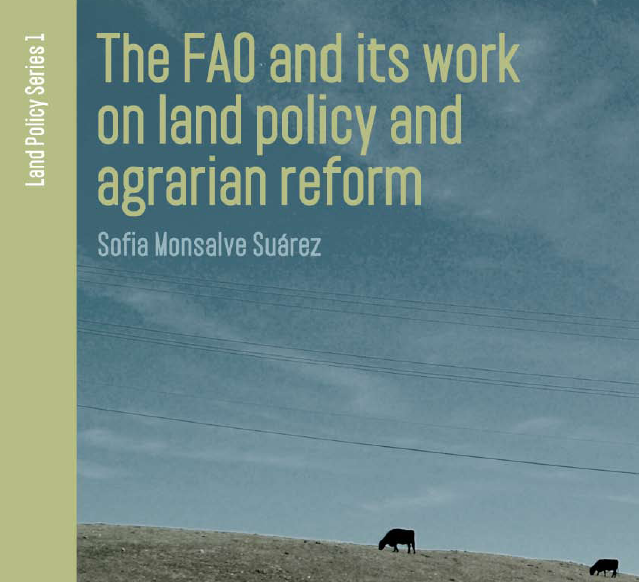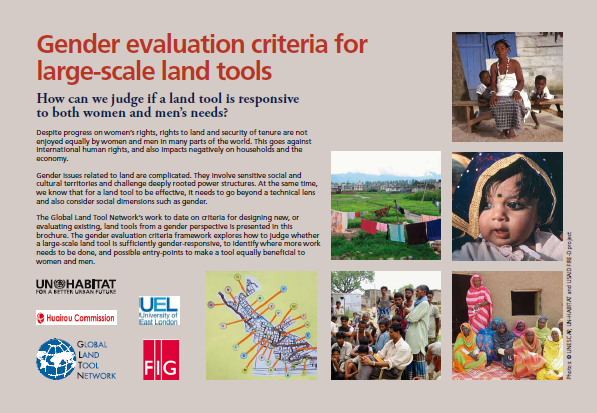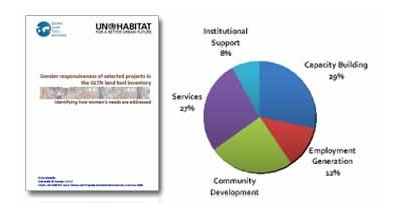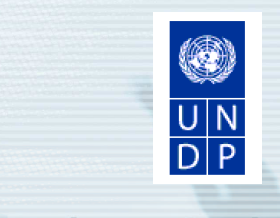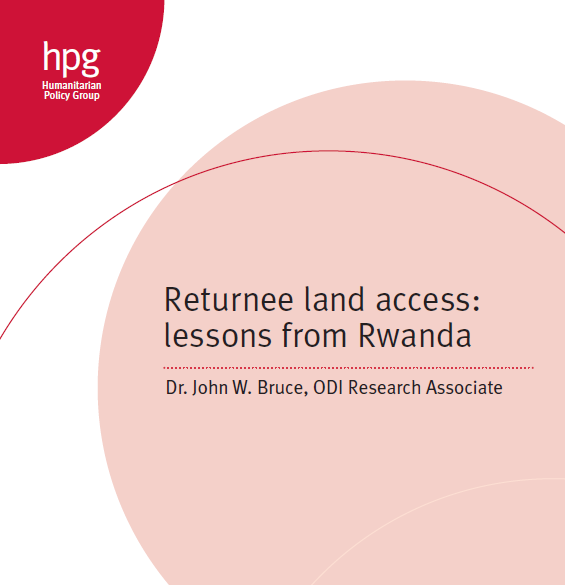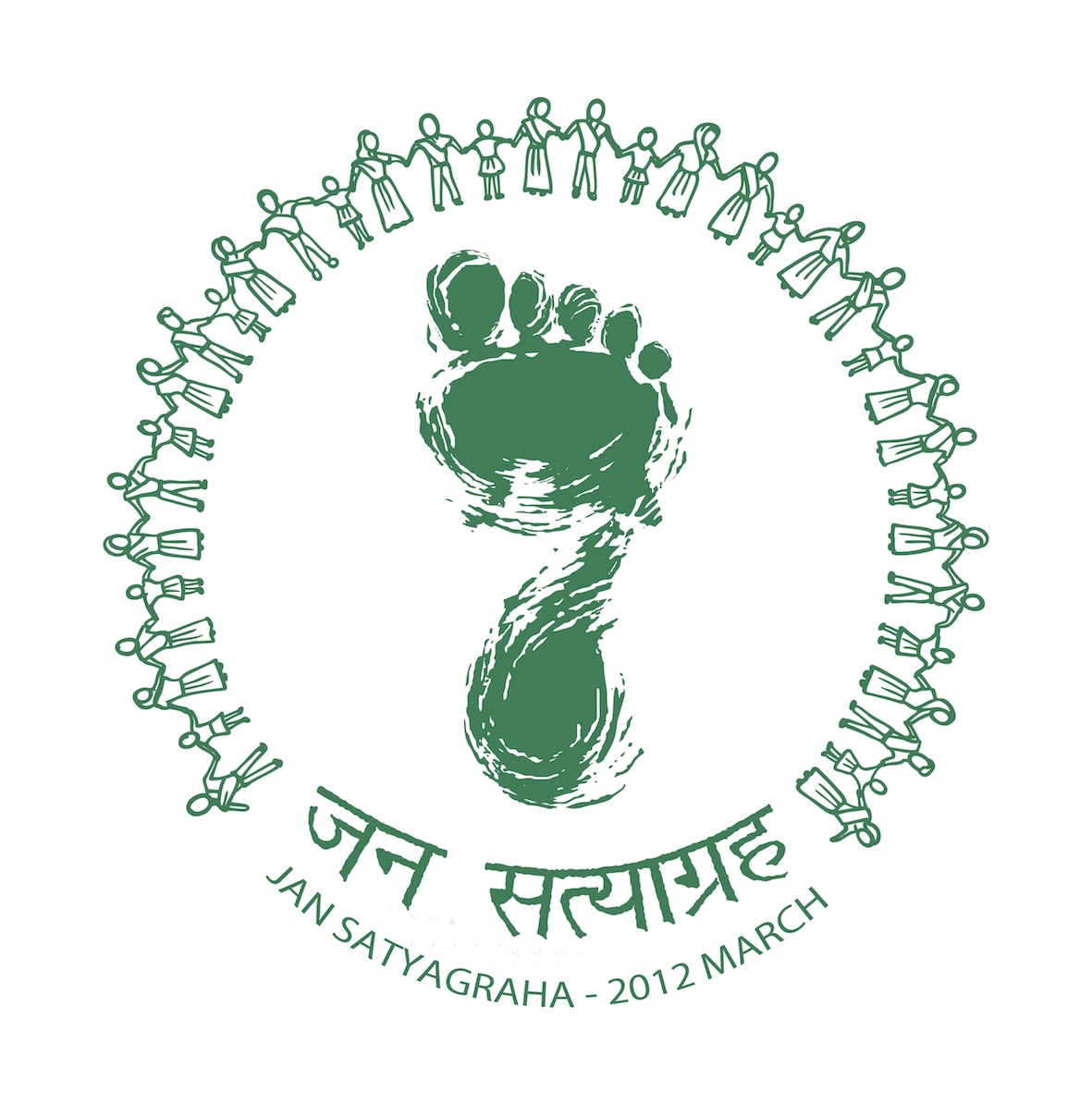New ActionAid report documents the adverse effect of land grabs on rural women
[adapted from ActionAid] October, 2012- The report states that the importance of land to rural women goes beyond growing food. Having secure access to, and independent control over, land can mean the difference between, on the one hand, enjoying rights such as education and freedom from violence or, on the other, continual subjugation in society. ActionAid view security of land tenure for impoverished rural communities as a fundamental component of dignified, sustainable development and a crucial step towards reducing poverty and reducing inequality.



